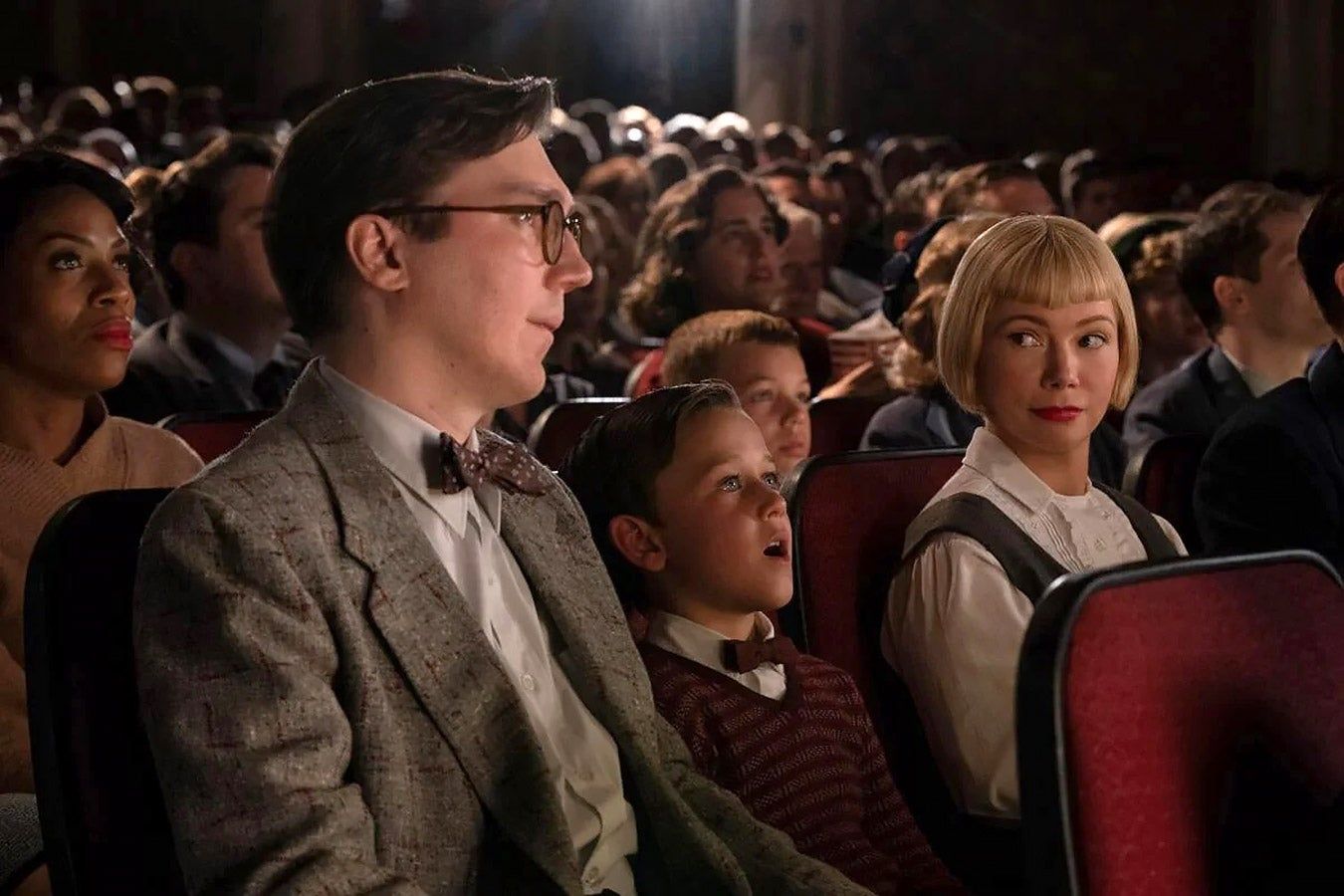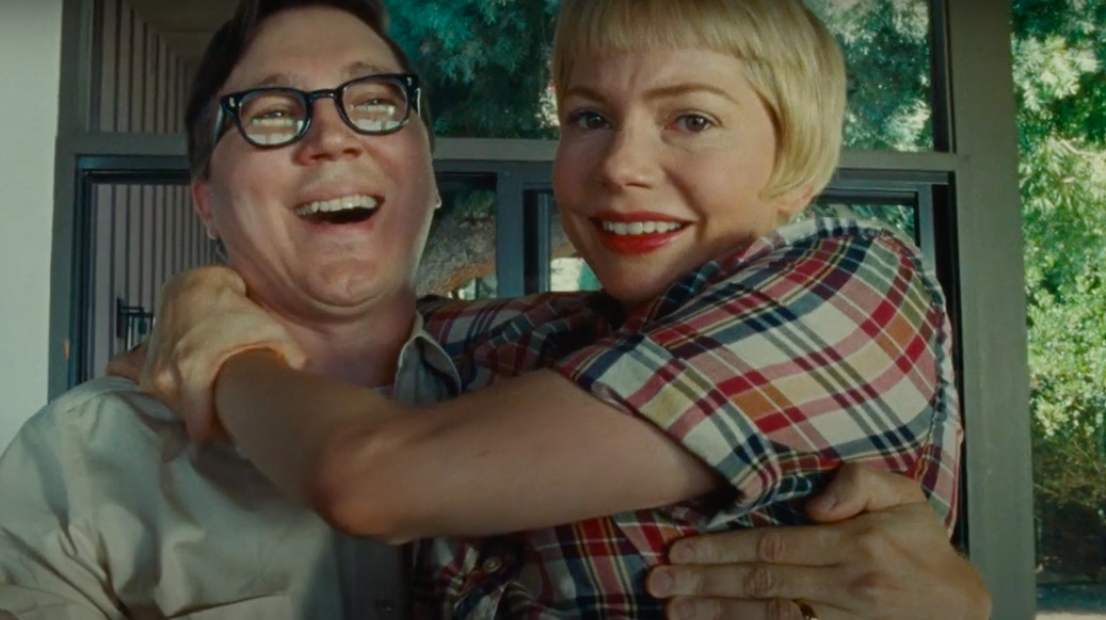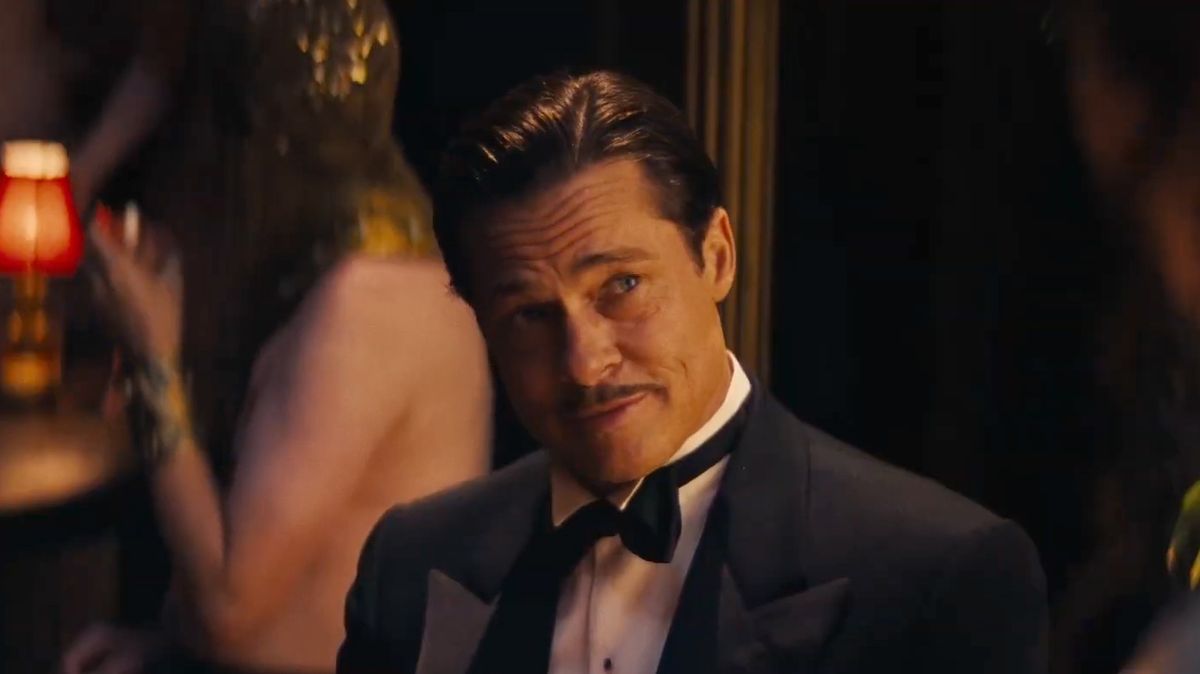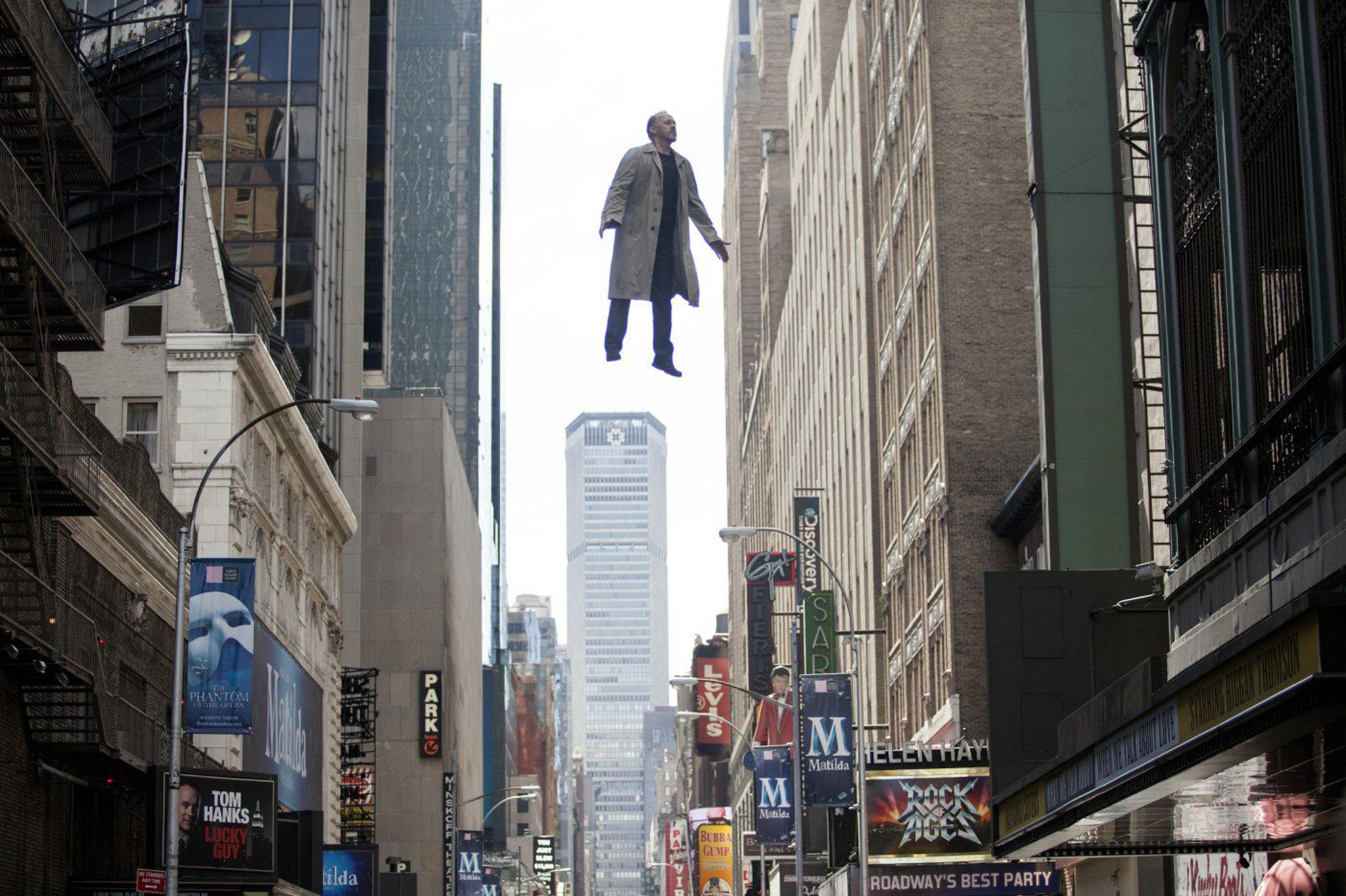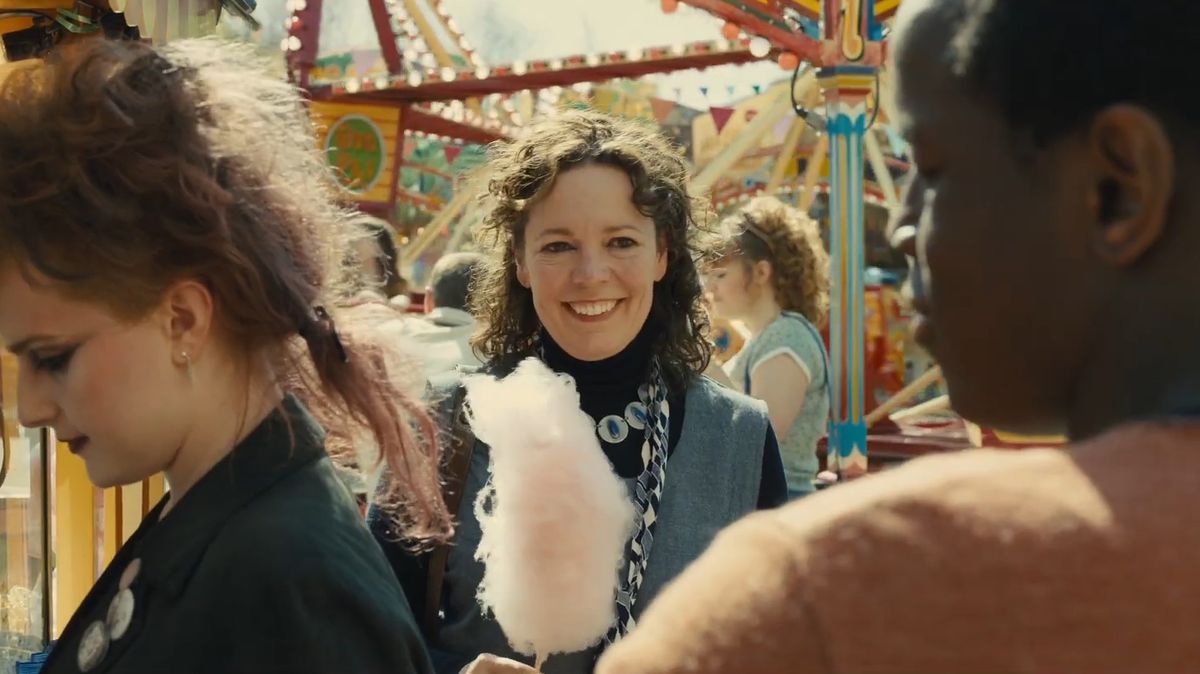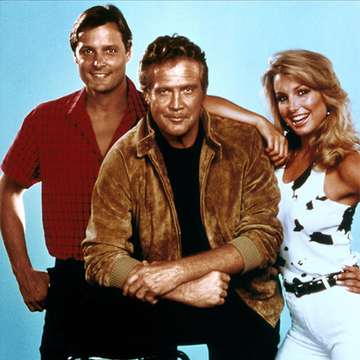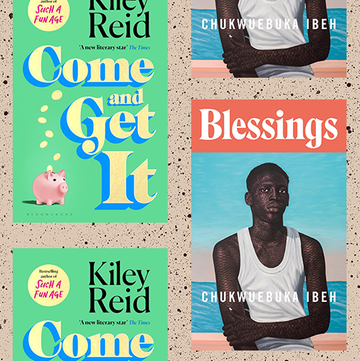The most honest form of filmmaking is to make a film for yourself,” said Peter Jackson. If he’s right, then the next few months will bring honesty into the cinemas like never before, with three Hollywood heavyweights all due to release their own addition to a niche but time-honoured subgenre: the movie about movies.
For distinguished directors, this has pretty much become a rite of passage: Martin Scorsese, Quentin Tarantino and David Fincher have submitted their entries to the canon in the last decade and before the year is out Steven Spielberg, Sam Mendes and Damien Chazelle will all have consummated their love for the silver screen with a gently doting movie of their own. But they should be warned: the movie-nerd’s passion for cinema is a liaison that doesn’t always leave everyone fulfilled. There’s a thin line between romance and self-love.
The movie about movies can come in various forms – prestige biopic (Mank), industry satire (Barton Fink), quirky farce (Hail Caesar), wistful nostalgia-fest (The Artist) – but one thing tends to unite the lot: they’re far more popular with industry insiders than paying audiences.
On the one hand, that shouldn’t be surprising: filmmakers making films about filmmaking will inevitably lead us towards pub-bore territory. But, given how there are countless great songs about music, or plays about theatre, or books about writing, it seems odd that films about cinema are so tricky to get right.
It’s no coincidence that this triple-whammy will arrive at the height of awards season: movies about movies have always gone down a treat with voting panels made up of industry veterans who get all the references and understand every last wilfully obscure in-joke. It’s also why these films often work the critics into a five-star frenzy.
Nothing wrong with that: part of the magic of pop culture is its ability to engineer an in-crowd who feel that an artwork is speaking specially to them – be it a fantasy novel, folktronica album or plodding arthouse film.
It does, however, mean that critical consensus can find itself spectacularly out of sync with the public at large. If you were left vaguely bewildered by The Player, if you endured Once Upon a Time in Hollywood in a state of agitated boredom, if you sat stony-faced through the cliquey comedy of Birdman, rest assured that you weren’t alone.
The latter movie – critical darling, quadruple Oscar winner and America’s 104th highest grossing film of 2014 – seemed to especially show up the chasm in taste between industry types and the rest of us.
When it comes to Hollywood satires, the most fun ones either have a sense of humour bitter enough to distance itself from the subject mater – like Maps to the Stars – or broad enough to let the wider audience in. The goofy idiocy of Tropic Thunder and Bowfinger may not have elicited as many knowing chuckles in the press screenings but you can be sure they raised the roof in the multiplex.
The challenge for Damien Chazelle’s 1920s-set drama Babylon – which, judging by the trailer, comes with a hefty helping of fond satire – will be to offset the insider wisecracks with a little something for Joe Public. Given that it looks to be crammed with scenes of coked-up orgiastic excess, we might be in luck.
Mendes and Spielberg’s films, on the other hand, will aim to strike a more earnest, more personal note. Both are part of the longstanding “love-letter to the movies” tradition that eschews biting wit in favour of heartfelt nostalgia.
Not to be confused with tributes to the craft of filmmaking – 8 ½ the ultimate of those, Super 8 and Son of Rambow the latterday classics – these movies pay homage to the cinematic experience itself: think The Last Picture Show, Cinema Paradiso, Hugo and La La Land.
Set in the gloriously pre-digital past – often the time of the director’s childhood – they tend to equate youthful innocence with the wonder of moviegoing. Wistful sentimentality tends to feature prominently, as do fetishistic sequences of rattling celluloid and flickering analogue projectors.
It’s a tried-and-tested template that, when done right, satisfies both popcorn-hungry audiences and snooty cinephiles. And it’s fair to assume that Spielberg, who has never tried too hard to hide his syrupy streak, is not about to tear up the blueprint with his semi-autobiographical family drama The Fabelmans. Mendes’ Empire of Light, set in a rundown Margate as Thatcherism takes hold, may add some grit to a formula that can easily lapse into sanitised self-indulgence.
What we can reasonably expect from both is that cinema itself will be held up as a magical sanctuary from the misery and magnitude of the real world. Which, to be fair, is true enough – as long as the film you’re watching is a good one.
But no one dreads a bad film as much as the director themselves. Hearts of Darkness, the documentary about the famously nightmarish making of Apocalypse Now, is one of the all-time movies about movies – and it opens with a beleaguered Francis Ford Coppola in full confession mode. “My greatest fear is to make a really shitty, embarrassing, pompous film on an important subject,” he blubs. “And I am doing it!” Now that’s honesty. Spielberg, and co take note.
